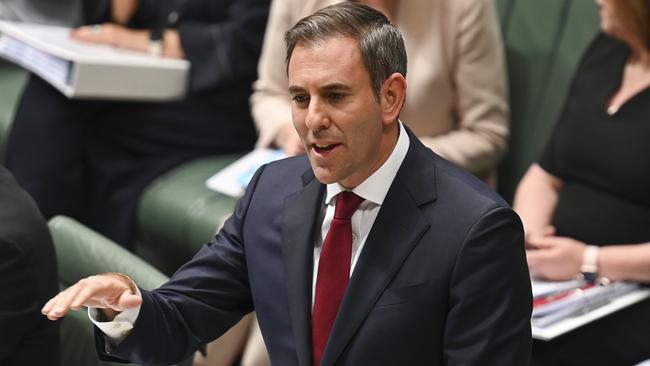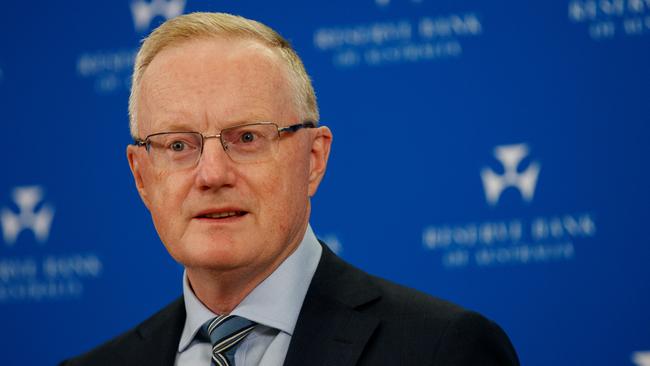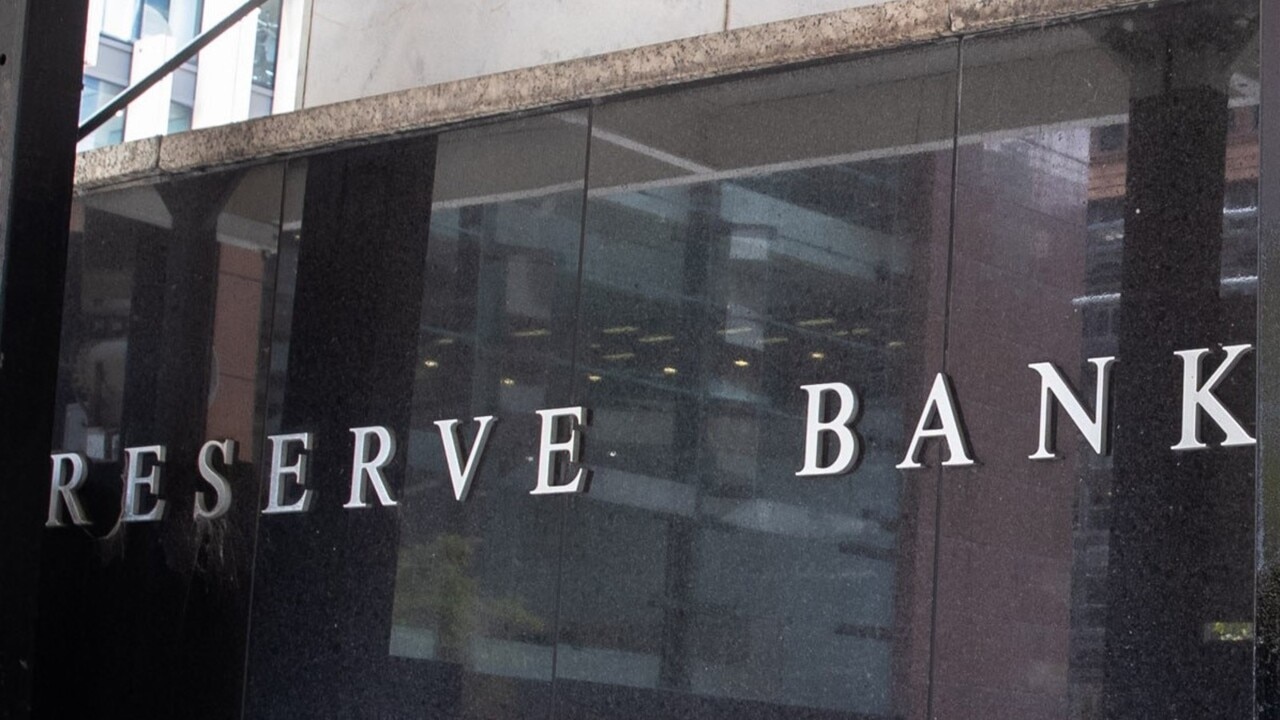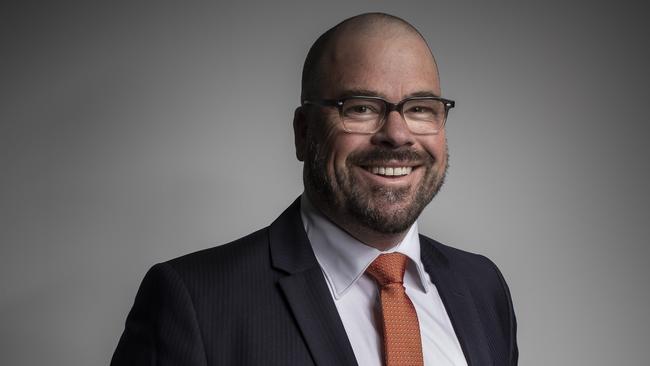Fears grow of 12th rate hike, as families struggle with soaring costs
Jim Chalmers pledges to slash inflation and help Australians ‘under the pump from rate rises’, amid rising fears of a 12th rate hike when the RBA board meets on Tuesday.

Jim Chalmers says he is focused on cutting inflation to help Australians “under the pump from rate rises”, amid rising fears the Reserve Bank of Australia will deliver a 12th rate hike on Tuesday.
Ahead of the crunch RBA board meeting – the first since the Treasurer handed down his May 9 budget – Dr Chalmers said “while inflation is moderating, it is still higher than we’d like for longer than we’d like”.
With economists split on whether the RBA will hold or lift rates by 0.25, taking the cash rate to 4.1 per cent, Dr Chalmers defended the budget as being “carefully calibrated” to take inflation lower and ease cost-of-living pressures.
“We don’t pre-empt decisions of the independent Reserve Bank – our focus is on addressing inflation in the economy and laying the foundations for sustainable growth,” Dr Chalmers said.
“The RBA governor (Philip Lowe) made it clear last week that our budget is addressing inflation, including our energy policies that are expected to detract three-quarters of a percentage point from inflation in 2023-24.”
The Australian Bureau of Statistics will release major economic updates this week, including national accounts, building approvals and monthly household spending data.
National accounts data, which economists expect to show paltry GDP growth of 0.2 per cent in the March quarter, will be unveiled following a speech by Dr Lowe on Wednesday.

As Australians grapple with mortgage stress and cost-of-living pressures, new Australian Automobile Association quarterly data shows families are copping massive transport cost increases.
The data, which focuses on fuel, loans, insurance, servicing, registration, roadside assistance and public transport costs, reveals the average family was hit with a 7.4 per cent spike in transport expenses in the March quarter. The typical household’s annualised car loan payments increased by $1424 or $27.40 a week.

AAA managing director Michael Bradley said, “The cumulative effect of continually rising transport costs is a heavy burden at a time when Australians are feeling cost-of-living pressures across the board”.
“Transport is a significant and unavoidable expense for households and is one of the key drivers of inflation,” Mr Bradley said.
He said for the first time “weekly transport costs exceeded $500 in Australia’s three largest cities, and more than $395 in three of the report’s six benchmarked regional centres – Alice Springs, Geelong, and Bunbury”. Across the capital cities, the cost of transport for average families is about $20,000 a year.

With mortgage-holders bracing for more pain, AMP chief economist Shane Oliver said the rebound in inflation and minimum and award wage increases “unfortunately now make a further RBA rate hike look likely”.
“We are allowing for another 0.25 per cent increase in the cash rate on Tuesday taking it to 4.1 per cent. Or if not on Tuesday, then in July.
“The money market now has priced a 42 per cent chance of a 0.25 per cent rate hike on Tuesday and an 80 per cent chance by July,” Mr Oliver said.
The Commonwealth Bank and Westpac predict the cash rate will be left on hold at 3.85 per cent at the June board meeting. CBA head of Australian economics Gareth Aird said, “We expect the RBA to leave the cash rate on hold … but we consider the meeting now ‘live’”.
Westpac chief economist Bill Evans said, “We expect the board to decide to hold the cash rate steady at 3.85 per cent while continuing to emphasise its tightening bias”.
NAB said, “We think it is a question of when not if the RBA will raise rates further” and would not “be surprised to see the RBA lift rates on Tuesday”.








To join the conversation, please log in. Don't have an account? Register
Join the conversation, you are commenting as Logout